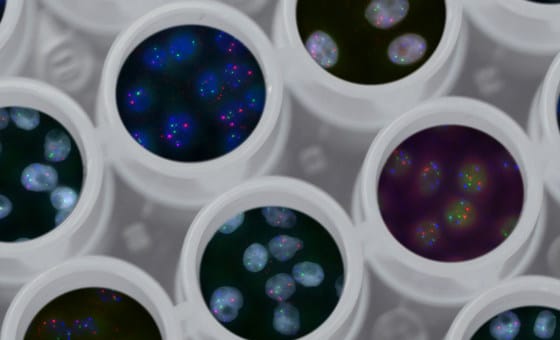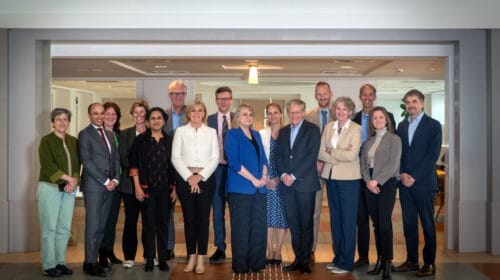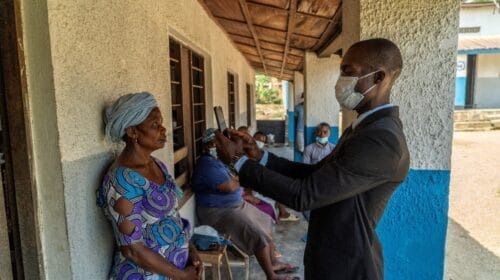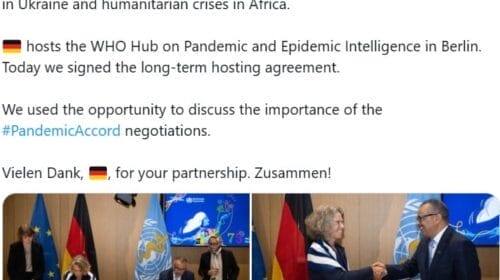UN reports ‘leap forward’ in regulating DNA-altering technology to benefit all
“Human genome editing has the potential to advance our ability to treat and cure disease, but the full impact will only be realized if we deploy it for the benefit of all people, instead of fuelling more health inequity between and within countries”, said Tedros Adhanom Ghebreyesus, Director-General of the World Health Organization (WHO).
A representative report
The total complement of genes in any organism or cell, is known as its genome.
WHO said in a news release that the forward-looking reports are the result of broad, global consultations on the different types of gene therapies, which involve modifying a patient’s DNA to treat or cure diseases. These include germline and heritable human genome editing which involves making changes to the genetic material, that can include developing human embryos.
WHO’s two-year analysis studied the diverse perspectives of hundreds of scientists, patients, faith leaders, indigenous peoples and others.
“These new reports from WHO’s Expert Advisory Committee represent a leap forward for this area of rapidly emerging science”, said WHO’s Chief Scientist, Soumya Swaminathan.
Pros and cons
Potential benefits of human genome editing include faster and more accurate diagnosis, more targeted treatments and the ability to prevent genetic disorders.
Somatic gene therapies have successfully addressed HIV and sickle-cell disease, and the technique has the potential to vastly improve treatment for a variety of cancers.
Safe, effective and ethical
The reports recommend the governance and oversight of human genome editing in nine discrete areas, including in registries; international studies; and illegal, unregistered, unethical research.
They focus on the system-level improvements needed to build capacity in all countries to ensure that human genome editing is used safely, effectively and ethically.
“As global research delves deeper into the human genome, we must minimize risks and leverage ways that science can drive better health for everyone, everywhere”, said Dr. Swaminathan.
New framework
The reports also provide a governance framework that identifies specific tools, institutions and scenarios to illustrate challenges in implementing, regulating and overseeing research into the human genome.
The framework offers specific recommendations for dealing with a host of scenarios such as the use of somatic or epigenetic genome editing to enhance athletic performance as well as services following in vitro fertilization and preimplantation genetic diagnosis.
Digging into genes
Moving forward, WHO will convene a small expert committee to consider next steps for the registry, including how to better monitor clinical trials using human genome editing technologies of concern.
It will also gather participants to develop an accessible mechanism for confidential reporting on possibly illegal, unregistered, unethical and unsafe human genome editing research and other activities.
As part of its commitment to increasing education, engagement and empowerment, the UN health agency will lead regional webinars focusing on regional and local needs.
And it will work on how to build an inclusive global dialogue surrounding frontier technologies, including working across UN agencies and creating web-based resources for reliable information on these machineries, including human genome editing.





